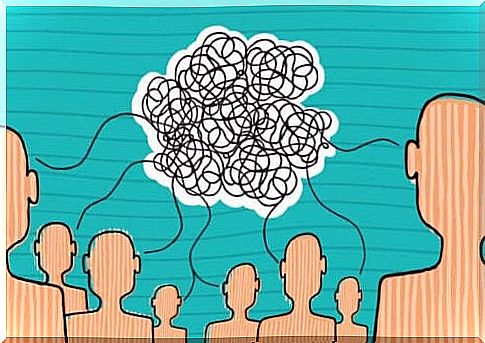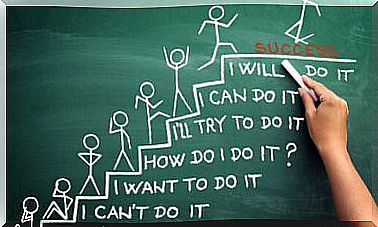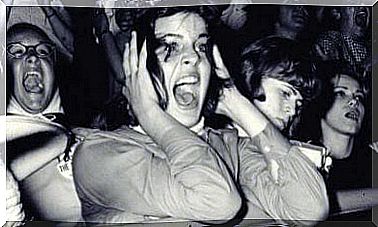The Difference Between Opinions And Knowledge

The new information technology has become an important part of our modern lives. Slowly but surely, it has transformed our education and our way of acquiring knowledge. Today, the internet forms its own universe and our use of the internet on tablets, smartphones and social media platforms changes and influences our opinions. But should we pay so much attention to everyone’s opinions? What is the difference between opinions and knowledge ?
At this stage, the so-called “knowledge society” should be able to take advantage of the comprehensive and unlimited information that the internet provides. We should all be able to communicate better, have well-founded opinions and achieve higher intellectual levels.

Opinions and knowledge: Everyone has the right to their opinion, even if it is based on bad information
The philosopher and author Umberto Eco was an ardent critic of what he called the “society of ignorance.” In his latest book, From Stupidity to Insanity , he compiled a selection of news articles that discuss society, the internet and the future of education and writing.
This is an analysis of modern times based on the events that take place and the behaviors of the actors. Eco comments on various news, TV programs and political issues with a humorous and sarcastic tone.
The subtle difference between opinions and knowledge
Many experts have reflected on these two concepts. They may seem very similar to each other, but if you dig deeper you will notice that they have significant differences. Because even though opinions are usually based on solid knowledge, these are different concepts. Classical philosophers such as Plato, as well as writers such as Søren Kierkegaard, have a great influence on contemporary ideas on these subjects.
In fact, Plato already made a distinction between the two concepts in the Republic , where he discusses justice in a society or a city. Plato believed that those who are content with superficiality (colors and shapes) never attain true knowledge. But people who observe these shapes and figures and transform them into ideas can understand their context.
Kierkegaard, the great thinker of the 19th century, claimed in his book A Literary Review: Two Ages that one can only acquire knowledge through silence. The philosopher put forward the idea that one must first know how to listen, pay attention and stay focused. Then you have to go deep into the thought without expressing any opinion.
Although centuries of history and ideas separate these thinkers, they both set up a framework that helps us understand the opinion-driven society we now live in. Although it is true that the truth is often relative, it is impossible to turn a blind eye to that knowledge is absolute. If you do not understand this, then you should prioritize personal opinions and self-expression over pure knowledge.

Less talk and more silence so we can listen to those who know
This was the main argument made by Manuel Gil Anton, professor at the Center for Sociological Studies at COLMEX (College of Mexico), in a discussion on education reform that took place last year. During the debate, the participants talked a lot about the importance of letting individuals with relevant knowledge have their say. After all, they are the ones who have the most valuable opinions. Only then can we achieve a fairer society and a sense of collective well-being.
In 2012, Professor Charles Simic of The New York Review of Books declared that we live in an “era of ignorance.” In his article, Simic discussed how he came to the realization that a large part of the population believed that Obama was a Muslim. He concluded that we are facing “the rebellion of the sluggish minds against the intellect.” According to him, this is why they love politicians who rage against teachers who indoctrinate children to oppose their parents’ values, and why they take offense at those who have the ability to think seriously and independently. Furthermore, he believes that stupidity is sometimes one of the greatest forces in history.









